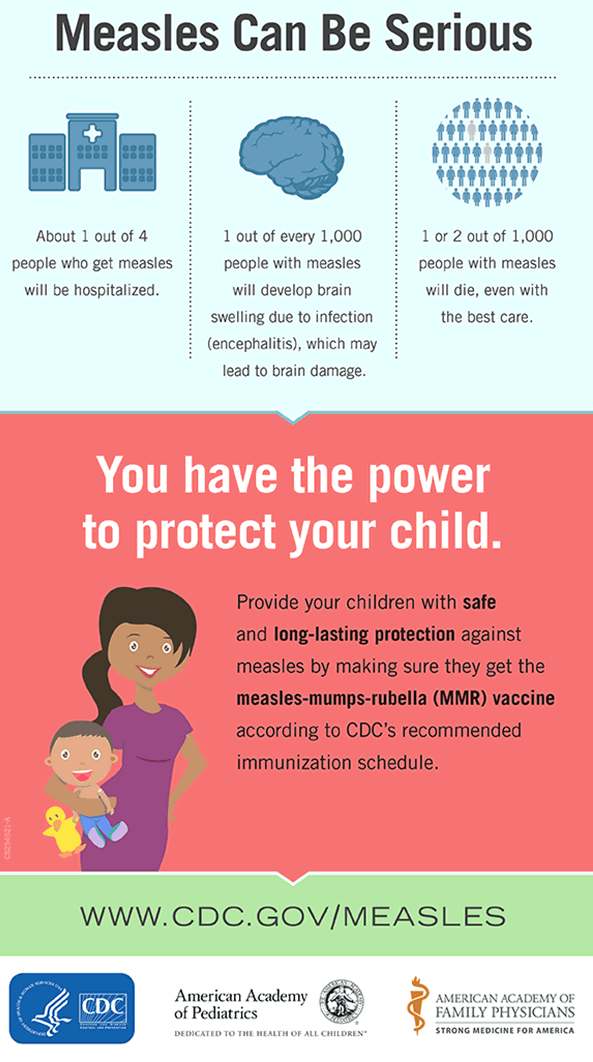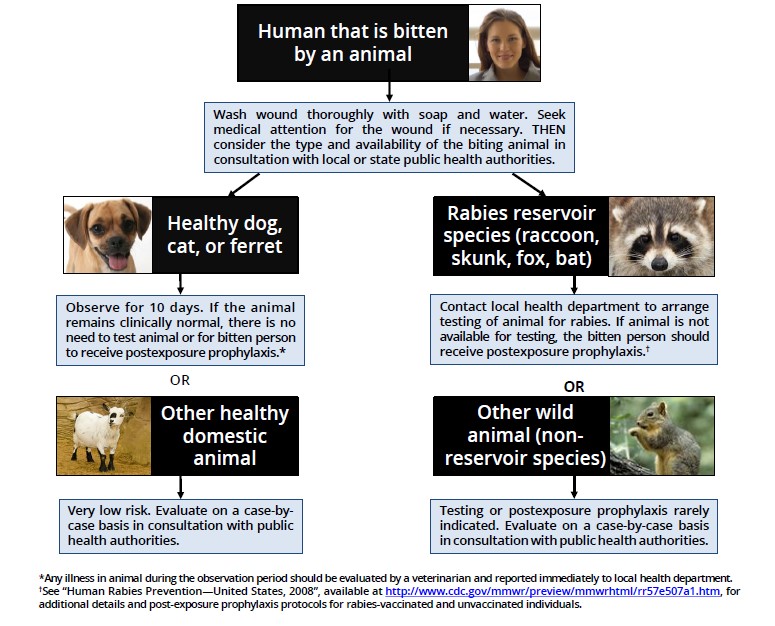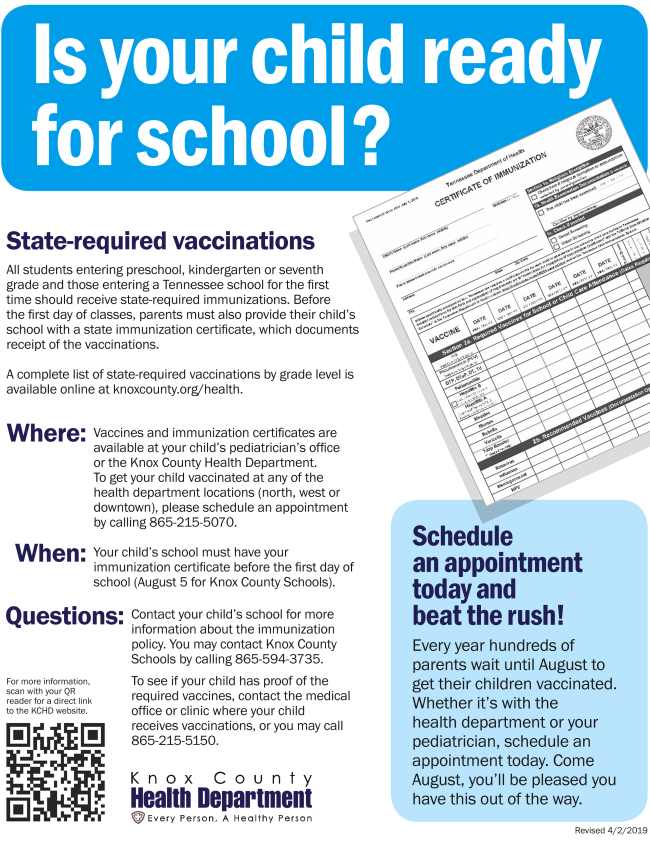| Knox County Health Department Martha Buchanan, MD, Director East Tennessee Regional Office Janet Ridley, MSN, RN, Director We welcome your input and topic suggestions for upcoming editions. Leave Feedback Articles are contributed by both East Tennessee Regional Office and Knox County Health Department Staff. |
|
|
|
|
| Greetings from your Public Health Officers.  
Martha Buchanan, MD Tara Sturdivant, MD
Knox County Health Department East Tennessee Regional Health Office |
|
Tennessee's New Commissioner for the Tennessee Department of Health: Lisa Piercey, MD, MBA, FAAP
|
Lisa Piercey, MD, MBA, FAAP joined Governor Bill Lee's cabinet upon his inauguration in January 2019 as the 14
th
commissioner for the Tennessee Department of Health.
Preceding her public service, Dr. Piercey spent
 a decade in health systems operations, most recently as executive vice president of West Tennessee Healthcare, a public, not-for-profit health system with more than 7,000 employees servicing 22 counties. Her
executive responsibilities included oversight of five rural acute care hospitals, two inpatient rehabilitation hospitals, a behavioral health hospital and eight community mental health centers and the system's population health initiatives. Prior to this role, she served as vice president of physician services, managing the 17 clinics and approximately 90 providers of the West Tennessee Medical Group.
a decade in health systems operations, most recently as executive vice president of West Tennessee Healthcare, a public, not-for-profit health system with more than 7,000 employees servicing 22 counties. Her
executive responsibilities included oversight of five rural acute care hospitals, two inpatient rehabilitation hospitals, a behavioral health hospital and eight community mental health centers and the system's population health initiatives. Prior to this role, she served as vice president of physician services, managing the 17 clinics and approximately 90 providers of the West Tennessee Medical Group.
Piercey is certified by the American Board of Pediatrics in both General Pediatrics and in the specialty field of Child Abuse Pediatrics. She has remained active in evaluating children for suspected abuse and neglect and serves in a volunteer capacity as medical director for the Madison County Child Advocacy Center and a faculty member at Vanderbilt University School of Medicine. Piercey is a Fellow of the American College of Healthcare Executives, where she has been president of the Mid-South Healthcare Executives chapter as well as the national chairman of the Management Series Editorial Board.
In addition to volunteering on multiple community and non-profit boards, Piercey serves on the American Hospital Association's Small and Rural Hospital Governance Council, the Joint Commission Critical Access Hospital Advisory Group and the Tennessee Center for Health Workforce Development Board, and was appointed by Governor Haslam in 2017 to the State of Tennessee Healthcare Facilities Licensing Board. Professional awards include Senior Healthcare Executive of the Year (2016), Rural Healthcare Executive of the Year (2017) and the WestStar Make-a-Difference Award (2018).
She received her Bachelor of Science in Chemistry from Lipscomb University, her medical degree and pediatrics residency training from East Tennessee State University Quillen College of Medicine and her Master of Business Administration from Bethel University. Piercey and her husband, David, an industrial safety specialist, are west Tennessee natives and have four children.
|
|
Tennessee Measles Update
|

As of May 1, 2019, there were five confirmed measles cases in Tennessee.
While this outbreak investigation is currently centered in East Tennessee, all Tennesseans should be aware of measles and its symptoms. Measles symptoms may include fever, runny nose, body aches, watery eyes and white spots in the
mouth. Several days after these
symptoms start, a red, spotty rash typically begins on the face and spreads over the body. Symptoms may develop any time in the 21 days following exposure to the illness. Nearly one in three measles patients will develop ear infections, diarrhea or pneumonia. Measles can be fatal in approximately one to two out of every 1,000 cases.
|
|
Human Trafficking: What Medical Providers Need To Know
Guest Author: Natalie Ivey,
Director of Advocacy and Outreach,
Community Coalition Against Human Trafficking (CCAHT)
|
Addressing public health epidemics and fighting human trafficking face similar obstacles-dissemination of misinformation and urban legends that blind the public from the reality of the problem. In actuality, human trafficking is oftentimes difficult to detect, and the gravity of such cases can paralyze responders. The Community Coalition Against Human Trafficking (CCAHT) is leading the fight against hu
 man trafficking in East Tennessee by empowering our community through training and providing supportive services to survivors of trafficking.
man trafficking in East Tennessee by empowering our community through training and providing supportive services to survivors of trafficking.
In Tennessee, two types of trafficking, sex and labor, fall under the broad term of human trafficking. Sex trafficking relates to forcing or coercing another individual to engage in a commercial sex act, a sex act for which something of value is exchanged. Labor trafficking relates to forcing or coercing another individual into involuntary servitude. While both types of trafficking occur throughout East Tennessee, sex trafficking is the more prevalent form of trafficking and oftentimes hides in plain sight.
Though sex trafficking is typically seen as a "big city problem," the reality is that rural communities are especially vulnerable to this type of crime. A 2011 assessment conducted by the Tennessee Bureau of Investigation found that 85% of Tennessee counties reported at least one case of sex trafficking. When sex trafficking occurs in rural communities, it is most commonly familial trafficking, which means a family member is the trafficker.
It is important for our community to be informed about this reality, but medical professionals have a unique responsibility in the fight against human trafficking. One study suggests that close to 90% of victims saw a medical provider and close to 65% of victims sought treatment at a hospital or emergency room while being trafficked. Unfortunately, recognizing a patient who is experiencing trafficking may be a difficult task.
To address this serious problem, the Community Coalition Against Human Trafficking offers free, specialized trainings for medical providers and practical tools for screening and identifying individuals who have experienced trafficking. The CCAHT also serves and supports victims of trafficking through individualized, relational care through our direct services program, Grow Free Tennessee. To learn more about these services or to schedule a training, contact Natalie Ivey, CCAHT Director of Advocacy and Outreach, at [email protected].
|
|
Hepatitis A Update
|
Hepatitis A is a contagious, vaccine-preventable liver infection that is spread in the feces of infected people. People most at risk for hepatitis A infection in this current outbreak include those experiencing homelessness, people who use drugs recreationally and close contacts of these groups. Men who have sex with men are also at risk. Individuals with hepatitis A infection can be contagious for two weeks before and one week after they show symptoms.
As of May 3, 2019, there are 1,356 confirmed cases of hepatitis A since December 1, 2017. This includes 830 hospitalizations and 8 deaths.The East Region accounts for 215 cases and Knox County 38 cases during the December 1, 2018 - May 3, 2019 time frame.
If you are working with high risk populations and want to help protect people from hepatitis A, the best way to do that is through vaccination. Hepatitis A vaccine is covered by most insurance plans; people who wish to be vaccinated should check with their healthcare provider or pharmacist. Vaccine is also available through local public health departments, especially for adults at risk. Individuals travelling to countries where hepatitis A is common are also recommended to receive vaccine from their health care provider or travel clinic.
If you would like more information about education on hepatitis A for the community and healthcare patients, visit the Tennessee Department of Health for updates. You may also contact your local health department for educational materials.
|
|
Naloxone Deployment and Regional Overdose Prevention Specialists (R.O.P.S.)
|
Knox County Naloxone Deployment by First Responders
was published March 2019. This report reflects an additional year of data covering naloxone deployment deployment October 1, 2016 - September 30, 2018. An average of 114 people in Knox County receive naloxone each month and an average of four people require naloxone from a first responder each day.
To help combat the opioid epidemic in Tennessee and assist in distribution of naloxone, Regional Overdose Prevention Specialists (R.O.P.S.) are now located throughout the state of Tennessee as a point of contact for training and education on opioid overdose and for overdose prevention through the distribution of naloxone.
From October 2017 to February 2019, the R.O.P.S. distributed more than 35,000 units of naloxone with more than 14,000 of those units distributed to law enforcement. Tennessee Department of Mental Health and Substance Abuse Services has documented at least 2,000 lives saved because of naloxone distributed during that time. Because of stigma and other factors, the department believes the actual number of lives saved is much higher.
|
|
Rabies Guidance
|
At the local health departments, we get a lot of interesting calls about rabies. Can a pet fox give you rabies? What if you get bitten by a goat during a yoga class? What if you've owned a pet raccoon since its birth; can it carry rabies? (Please do not try this at home, we highly recommend against having a pet raccoon for many reasons!)
Most of the time, we don't know all the answers. This is why we always consult the Rabies Control Manual from Tennessee Department of Health. It gives complete guidance on rabies control and has a very helpful rabies exposure control charts and algorithms for post-exposure prophylaxis (PEP) and animal testing. It also has helpful contacts in case you cannot answer a question based on the manual. and algorithms for post-exposure prophylaxis (PEP) and animal testing. It also has helpful contacts in case you cannot answer a question based on the manual.
So the next time you get an odd question about rabies, don't forget about this helpful manual! |
|
Back To School Vaccine Reminder
|
|
All students entering preschool, kindergarten or seventh grade and those entering a Tennessee school for the first time should receive state-required immunizations. Before the first day of classes,
 parents must also provide their child's school with a state immunization certificate, which documents receipt of the vaccinations.
parents must also provide their child's school with a state immunization certificate, which documents receipt of the vaccinations.
A complete list of state-required vaccinations by grade level is available
online.
Please feel free to post this
flyer (one side available in English and the other side in Spanish) in applicable areas so parents are advised about this information before school begins in August!
|
|
Selected Reportable Diseases: January - March 2019
|
--If less than 5 cases of STI are reported, number is suppressed.
*Shiga toxin-producing Escherichia coli
**Invasive pneumococcal disease
For more information or county specific numbers, contact:
|
|
Positive Rabies Report: January - March 2019
|
| 
For a recent map of rabies cases in Tennessee, click here.
|
|
|
|
|